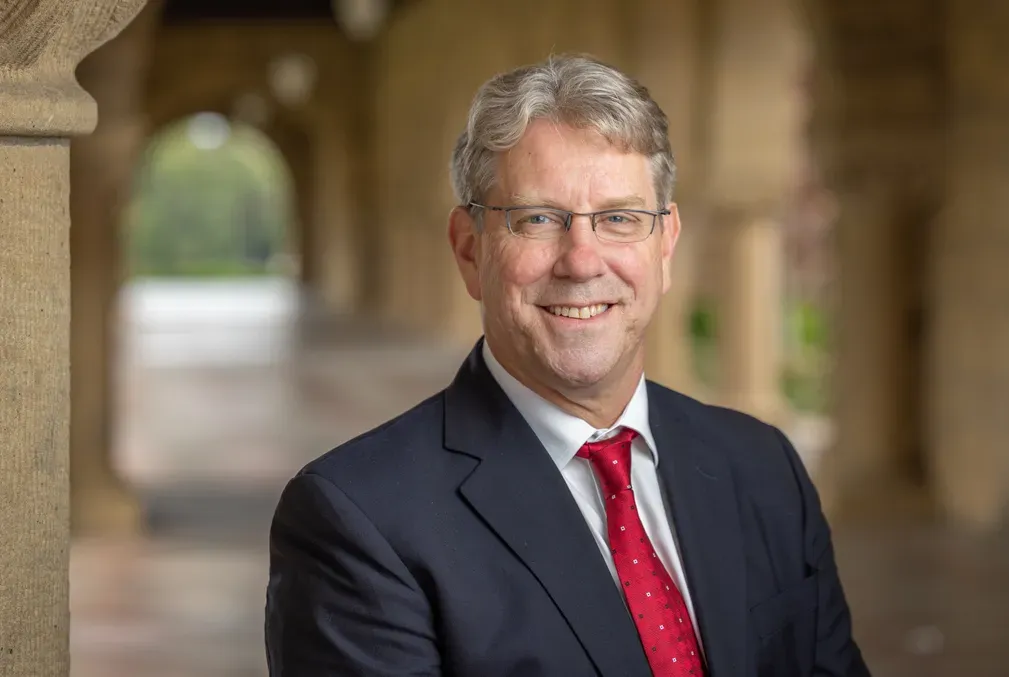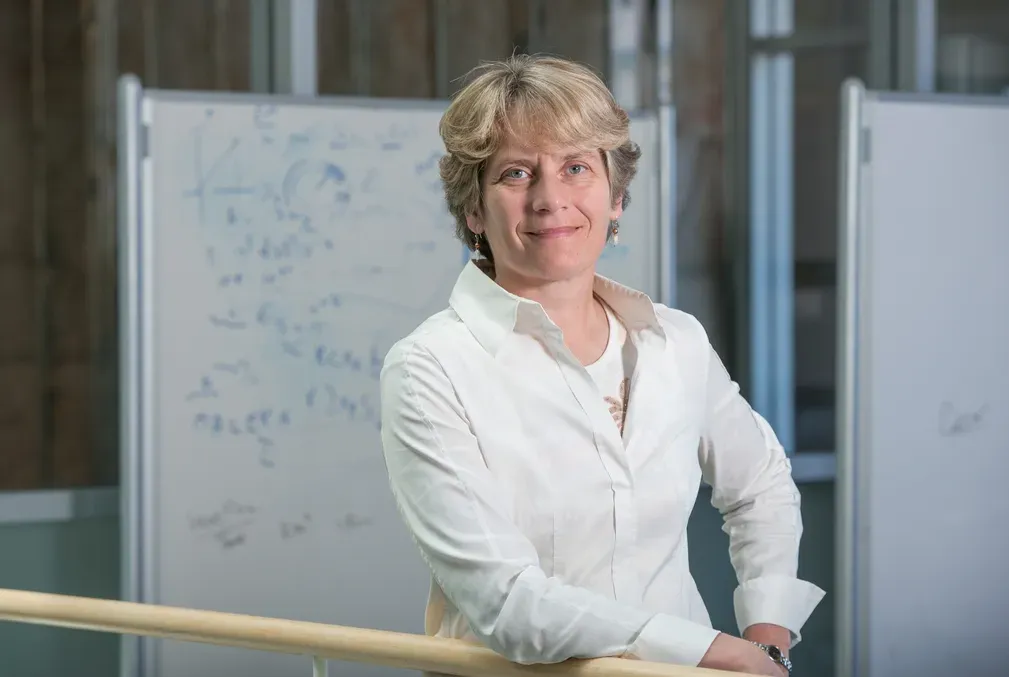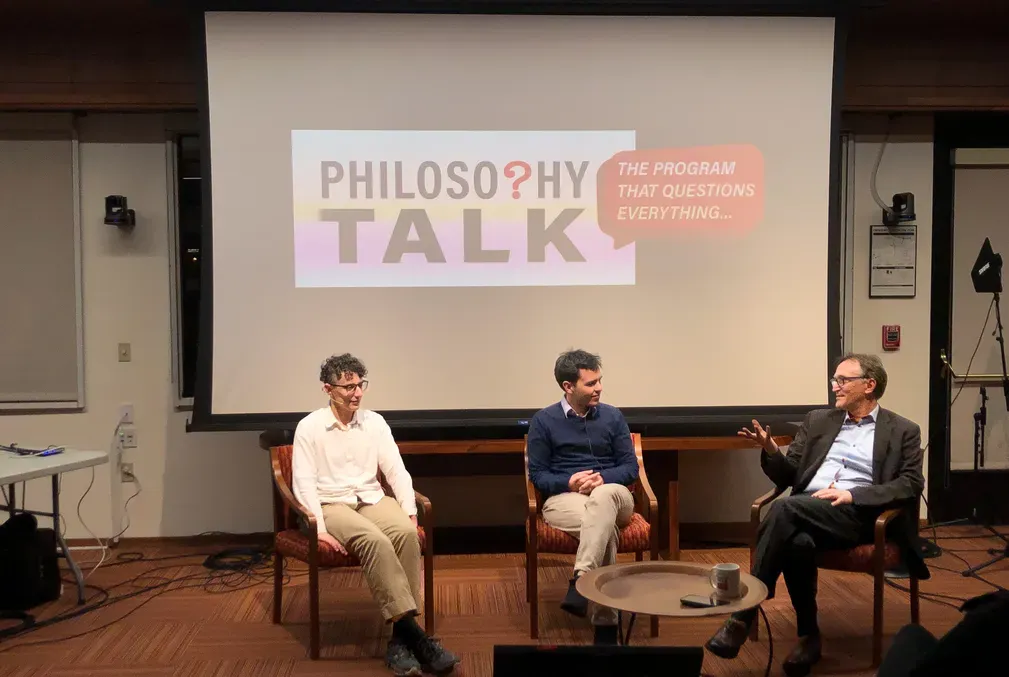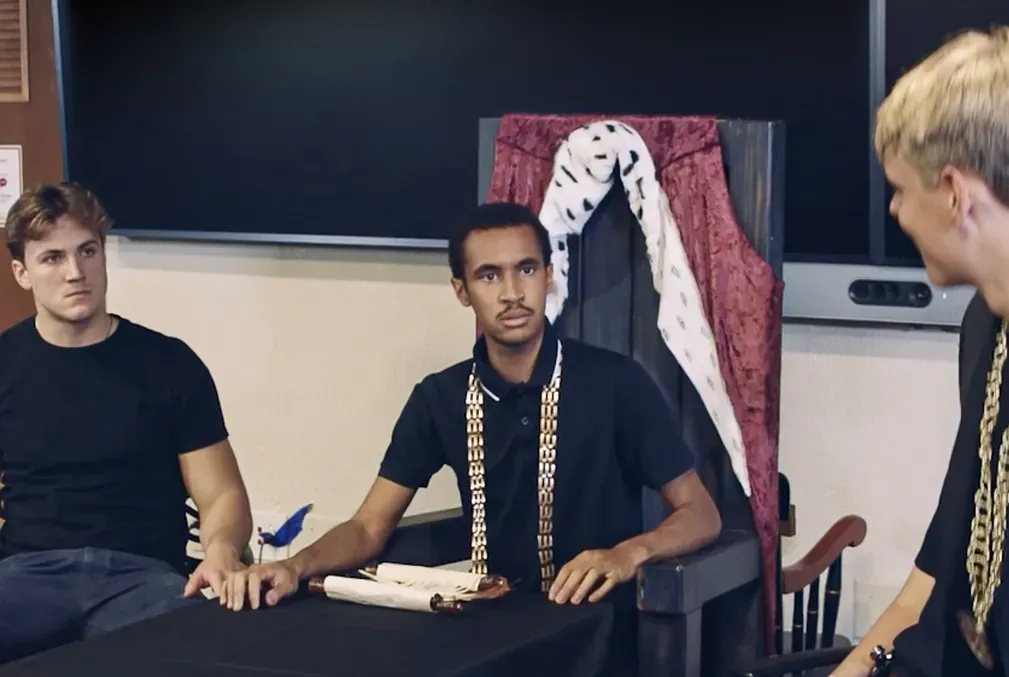Fellows program continues its support for Humanities and Sciences graduate students
The School of Humanities and Sciences provides teaching and research opportunities for graduate students impacted by pandemic job market.
To help offset the continuing uncertainty in the academic job market due to COVID-19, Stanford’s School of Humanities and Sciences announces its 2021–22 Dean’s Fellows Program, which provides one-year lecturer appointments to doctoral scholars who either recently completed or are nearing completion of their dissertations. The program was launched last year with nine scholars from the departments of Modern Thought and Literature, History, Biology, Sociology, Classics, English, and the Division of Literatures, Cultures, and Languages. This academic year, 17 doctoral scholars will receive one-year lecturer appointments.
“Supporting exceptional scholars through this program benefits both our graduate students and the university,” said Debra Satz, Vernon R. and Lysbeth Warren Anderson Dean of the School of Humanities and Sciences. “The fellows contribute through their teaching efforts, by working with faculty to help develop capstone projects for undergraduates, and by continuing their own learning and research,” Satz said.
2021–22 Dean’s Fellows
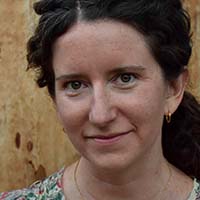
Rachel Heise Bolten studies 19th- and early 20th-century American literary and visual culture. Her interests include environmental humanities and the history of science and technology. She is finishing her doctorate in English and looking forward to teaching in the American Studies program.
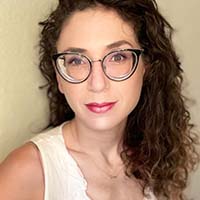
Annie Atura Bushnell earned her doctorate in English in 2019. Her research examines how Jewish feminists shaped American understandings of Jewishness as a racial category. She will teach and assist in long-range planning at the Center for Comparative Studies in Race and Ethnicity.
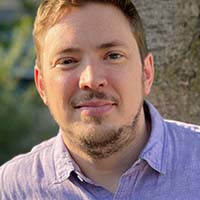
Paul Christians researches cultural heritage, the anthropology of expertise, and community archaeology in the Arabian Gulf. This year he is teaching in the Abbasi Program in Islamic Studies and developing a heritage project on ports and environmental futures in the Western Indian Ocean.
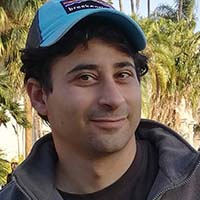
Michael Cohen earned his doctorate in philosophy in 2021. He conducts research in formal and traditional epistemology. His recent work concerns the assumptions we make when reasoning about acquiring knowledge given new information. He will teach in the Department of Philosophy.
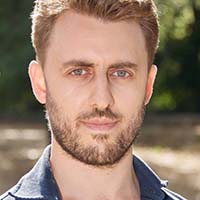
Nicholas Fenech is a scholar of Renaissance literature. His research has appeared in or is forthcoming from journals including Renaissance Drama, The German Quarterly, and Studies in Philology. As a dean's fellow, he will be affiliated with the Center for Spatial and Textual Analysis.
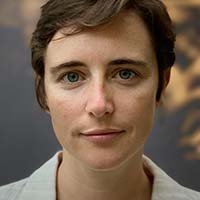
Allison Kendra, doctoral candidate in anthropology, works at the intersection of feminist, critical race, and decolonial studies. They focus on state and international interventions in the Americas and structural, political, and interpersonal violence. They will teach in the Division of Literatures, Cultures and Languages.
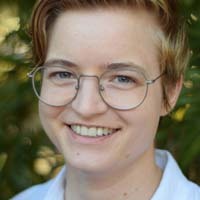
Bonnie Krejci earned their doctorate in linguistics in 2021 and studies syntactic structure, lexical meaning, and sociolinguistic variation, particularly in Slavic languages. They investigate phrases in unexpected positions within sentences and unusual subject-verb agreement. They will teach in the Department of Linguistics.
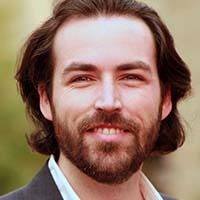
Kilian Mallon earned his doctorate in classical archaeology in 2019. His work examines the history of labor and religion in the later Roman Empire using legal sources and material culture. He will continue his role as a lecturer in both the Department of Classics and the Stanford Archaeology Center.
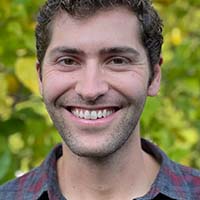
Tyler McFadden, doctoral candidate in biology, examines the causes and consequences of biodiversity loss, wildlife responses to human impacts, and implications for people and the planet. He will continue his work as an environmental educator in the Department of Biology.
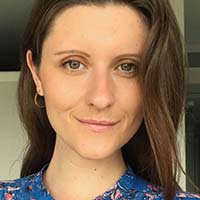
Vittoria Mollo earned her doctorate in Italian literature in 2021 and will work with the Structured Liberal Education program. She has taught courses on the Italian Middle Ages, Italian Renaissance, and languages. Her research focuses on art, poetry, and satire in Renaissance Rome.
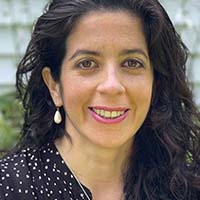
Grace Alexandrino-Ocaña, anthropological archaeologist, studies cultural heritage, cultural rights, citizenship, and the state in the Central Andes. This year, she will explore fishing communities and their links to natural and cultural heritage in Peru. She will teach in the Department of Anthropology and the Stanford Archaeology Center.
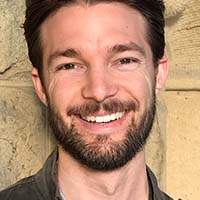
David Pickel, archaeologist, will teach in the Department of Classics. He studies the intersections between human health, disease, and the environment in antiquity. This year, he will examine the materiality of infectious disease transmission across the Roman Empire.
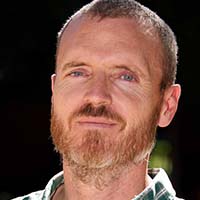
Padraic Rohan studies late medieval and early modern European, Islamic, and world history. His current book project investigates the history of empire and capitalism in the Ottoman and Iberian worlds. He will teach in the Department of History.
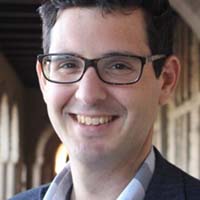
Yochai Shavit, psychology researcher, focuses on understanding age-related selectivity in time-use decisions across adulthood. He uses data to uncover how motivation and emotion shape adults’ decisions about time expenditure. He will teach in the Department of Psychology.
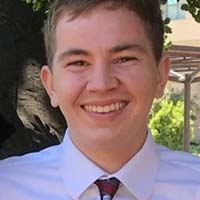
Joshua Visser, who earned his doctorate in chemistry this year, studies the inhibition of bacterial biofilm formation by plant natural products. He looks forward to continuing to work with San Jose high school students in the Stanford Future Advancers of Science and Technology program.
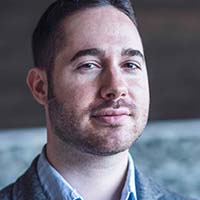
Nicholas Virzi earned his doctorate in music composition in 2019. A composer, lecturer and researcher at Stanford’s Center for Computer Research in Music and Acoustics, he utilizes original natural sound field recordings. These include sounds from the Jasper Ridge Biological Preserve.
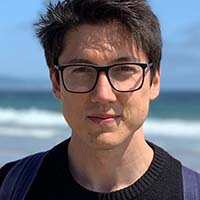
Nathan Wainstein earned his doctorate in English in 2020 and will teach in the Department of Comparative Literature. He studies modernist literature and the history of literary interpretation and is examining the relationship between formalist literary criticism and authorial failure in the novel.
